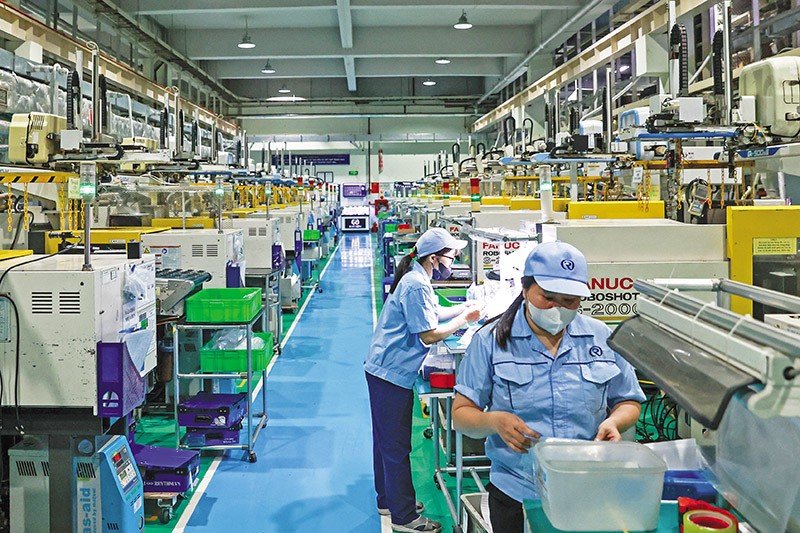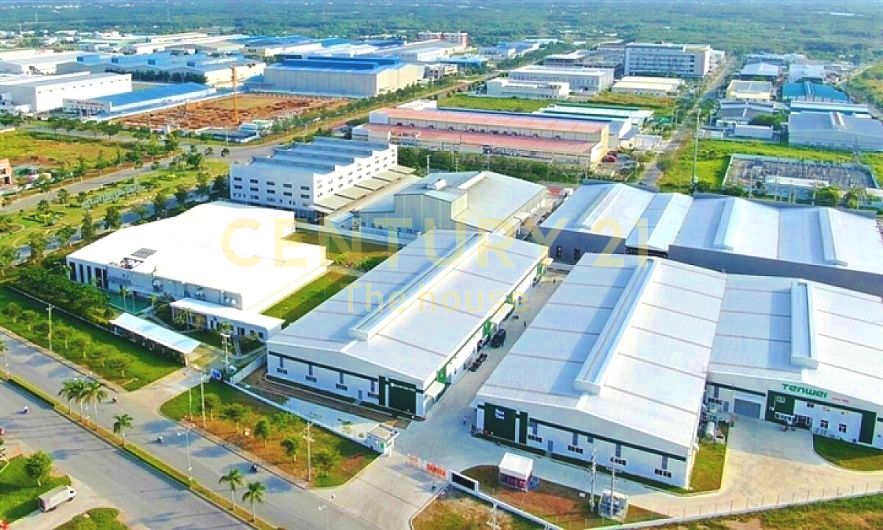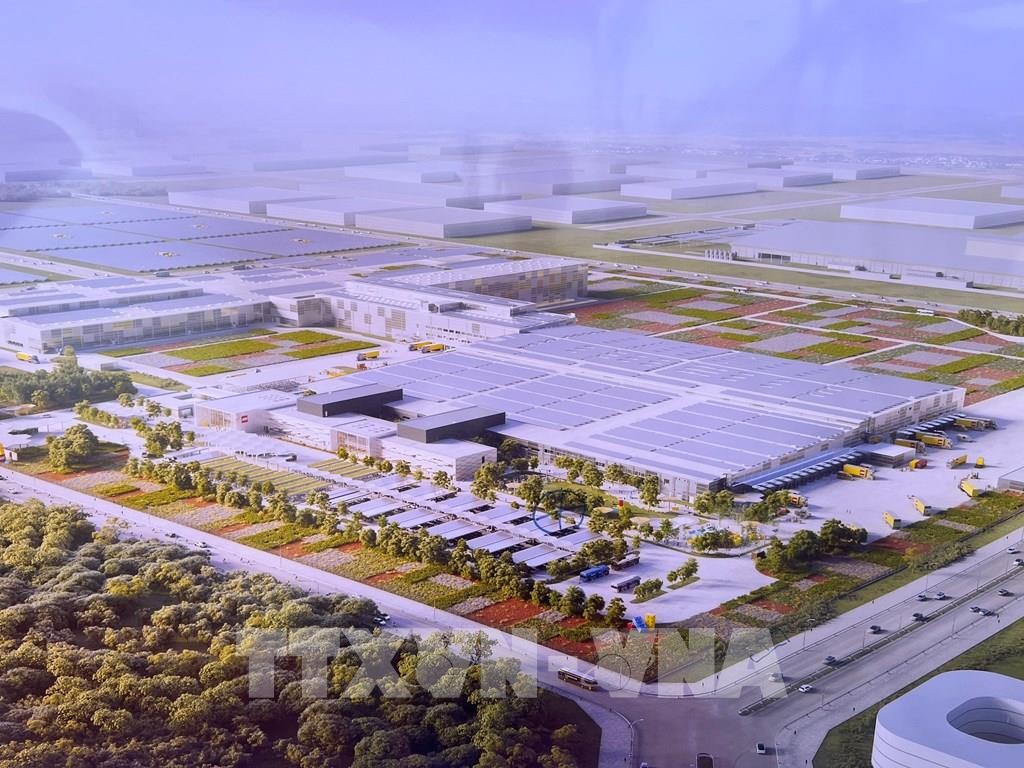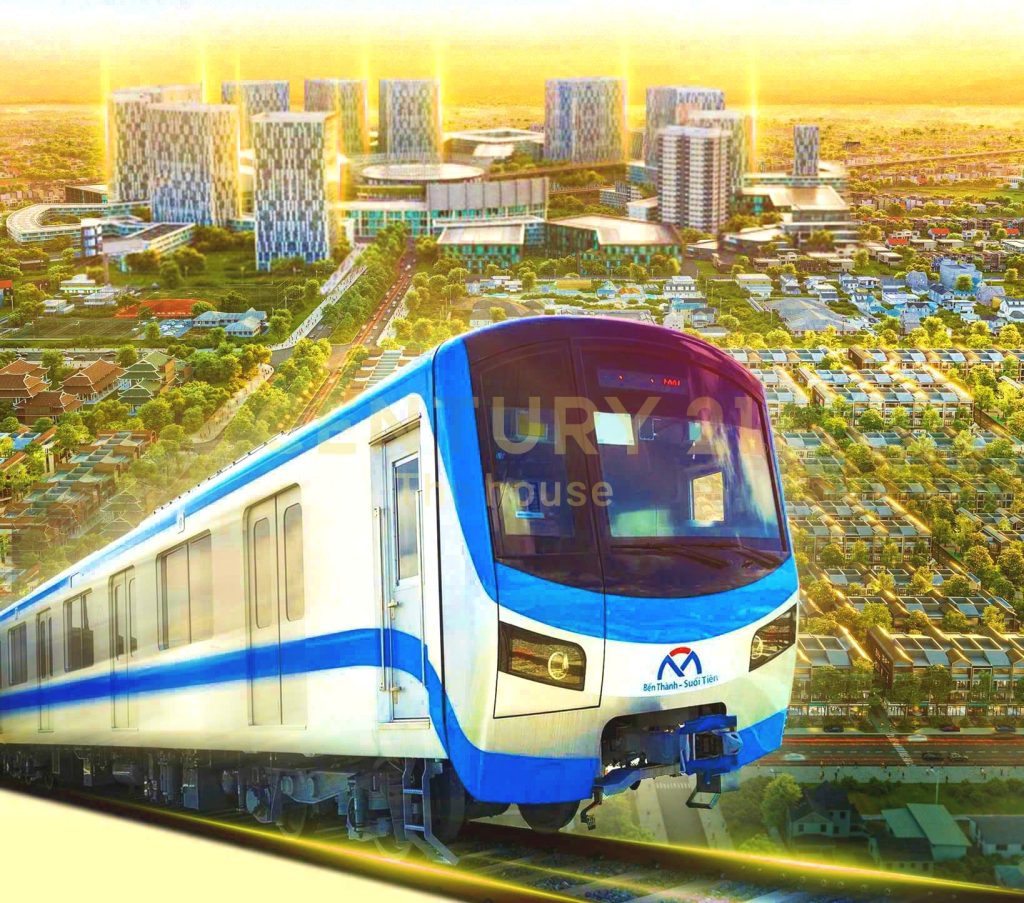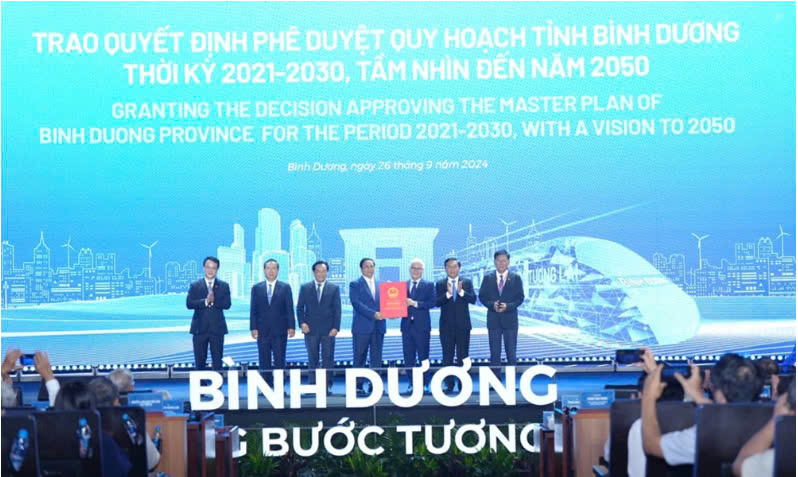Vietnam Real Estate: Decoding 10 Years of Investment Returns
For Taiwanese investors seeking overseas investment opportunities, Vietnam's real estate market has demonstrated unique potential over the past decade. With Vietnam's booming economy, foreign investment in Vietnamese real estate has reached its peak for the past decade. This article will delve into the investment returns over the past decade and provide professional analysis and future prospects for Vietnamese real estate investors.  Ten Years in Review: A True Picture of Individual Real Estate Investment in Vietnam. Over the past decade, many Taiwanese individual investors have chosen to transfer funds from Taiwan to Vietnam to purchase local real estate. Data provided by Travis Lan of 21st Century Real Estate Vietnam , a seasoned Vietnamese real estate investor with 18 years of experience in the Hanoi market, provides a glimpse into the true returns.
Ten Years in Review: A True Picture of Individual Real Estate Investment in Vietnam. Over the past decade, many Taiwanese individual investors have chosen to transfer funds from Taiwan to Vietnam to purchase local real estate. Data provided by Travis Lan of 21st Century Real Estate Vietnam , a seasoned Vietnamese real estate investor with 18 years of experience in the Hanoi market, provides a glimpse into the true returns.
Vietnam property appreciation and rental income:
For example, let's say you invested NT$10 million in real estate in Vietnam 10 years ago and, assuming the property was successfully rented out, data shows that the average annual net rental return over that decade was approximately 4-5%. More notably, the average appreciation for apartments in Hanoi (outside the prime areas) was as high as 100-120%. A rough calculation puts the overall return on investment at between 150% and 170%. In other words, the original NT$10 million investment could have appreciated to between NT$25 million and NT$27 million. 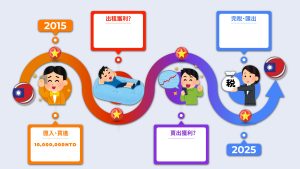
The impact of exchange rate fluctuations on Vietnamese real estate:
However, the actual returns from real estate investments in Vietnam must take exchange rate fluctuations into account. Over the past decade, the Vietnamese Dong has depreciated by approximately 18% against the New Taiwan Dollar and by approximately 20% against the US dollar. This means that when you sell a property and remit the funds back to Taiwan, you will incur a certain exchange rate loss. Therefore, Vietnamese real estate investors, please be aware! Consider the inflow of funds and the intended use of the funds to determine the best investment strategy. If you must remit funds back to Taiwan for daily expenses or other investments, the exchange rate difference between the New Taiwan Dollar and the Vietnamese Dong alone can wipe out 18% of your profits over the past 10 years in Vietnam real estate. 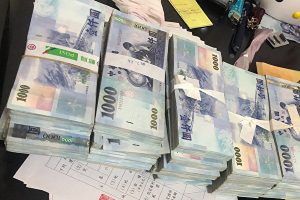
What is the final net profit after deducting tax costs and real estate in Vietnam?
Real estate sales in Vietnam are subject to a 2% transaction tax. Taking exchange rate depreciation and the transaction tax into account, the average net return on a Hanoi apartment investment over a ten-year period ranges from 130% to 150%. This means that an investor who invested NT$10 million ten years ago would ultimately receive approximately NT$23 million to NT$25 million. This is the closest to the average. 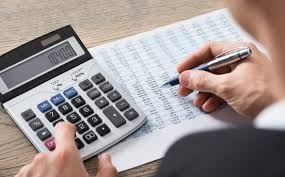
Comparison of Vietnam Real Estate and Other Investment Opportunities
We have already determined the approximate profitability of investing in Vietnamese real estate between 2015 and 2025. To more comprehensively assess the investment value of Vietnamese real estate, we compared it with other common investment methods: 1. Vietnamese bank deposits: If NT$10 million is transferred to a Vietnamese bank for a deposit at an average annual interest rate of 5.5%, the accumulated profit after ten years will be approximately 70%. After deducting the impact of exchange rate depreciation, the final net profit is approximately 50%. In comparison, Vietnamese real estate investment has performed better. 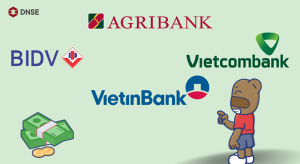 2. Vietnam Stock Market (VN30): FPT Corporation: Investing in FPT, Vietnam's largest IT company, in 2015, including dividends, would have yielded a total return of approximately 1,800%, increasing the value of NT$10 million to NT$190 million. VINGROUP (VIC): Investing in VINGROUP, Vietnam's largest conglomerate, would have yielded a total return of approximately 116%, including dividends, increasing the value of NT$10 million to NT$21.6 million. VN30 Index: The overall VN30 Index has achieved a total return of approximately 120% over the past decade, increasing the value of NT$10 million to NT$22 million. This shows that if stocks are selected accurately, the potential returns of the Vietnamese stock market and individual stocks on average are much higher than those of Vietnamese real estate.
2. Vietnam Stock Market (VN30): FPT Corporation: Investing in FPT, Vietnam's largest IT company, in 2015, including dividends, would have yielded a total return of approximately 1,800%, increasing the value of NT$10 million to NT$190 million. VINGROUP (VIC): Investing in VINGROUP, Vietnam's largest conglomerate, would have yielded a total return of approximately 116%, including dividends, increasing the value of NT$10 million to NT$21.6 million. VN30 Index: The overall VN30 Index has achieved a total return of approximately 120% over the past decade, increasing the value of NT$10 million to NT$22 million. This shows that if stocks are selected accurately, the potential returns of the Vietnamese stock market and individual stocks on average are much higher than those of Vietnamese real estate. 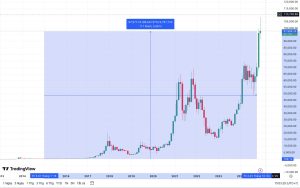 3. Vietnamese Land: Although foreigners cannot directly own land in Vietnam, experienced investors have shown that conservative land investments can yield returns of 300-500%. However, this type of investment carries significant risk. Cryptocurrency (Bitcoin): Over the past decade, Bitcoin's total investment return has reached approximately 90,000%. This represents an extreme and high-risk scenario, where NT$10 million could potentially increase in value to NT$9 billion.
3. Vietnamese Land: Although foreigners cannot directly own land in Vietnam, experienced investors have shown that conservative land investments can yield returns of 300-500%. However, this type of investment carries significant risk. Cryptocurrency (Bitcoin): Over the past decade, Bitcoin's total investment return has reached approximately 90,000%. This represents an extreme and high-risk scenario, where NT$10 million could potentially increase in value to NT$9 billion.
Looking Ahead: Vietnam's Real Estate Potential and Strategic Recommendations
While Vietnamese real estate has delivered impressive average returns over the past decade, it's worth noting that Hanoi's significant growth occurred primarily in the two to three years following the pandemic. This suggests that the true potential of Vietnamese real estate has only recently been fully realized, and prices are currently experiencing a major upward trend. In 2023 and 2024, average annual growth is projected to be around 15%. 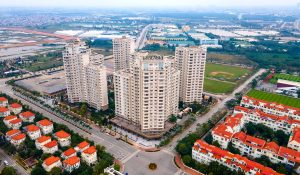
Current advantages of investing in real estate in Vietnam:
Strong purchasing power of the New Taiwan Dollar: As the Vietnamese Dong is expected to continue to depreciate in the next 3-5 years, the New Taiwan Dollar and the US Dollar have relatively strong purchasing power for Vietnamese real estate. Plenty of positive factors for rising housing prices: Vietnam has a clear trend of interest rate cuts, and the Eastern District of Hanoi is supported by many national and international projects, such as the New Industrial Park, the World Trade Center, Trump Group's investment in Hung Yen Province, and the Huida AI Factory, which provide a solid foundation for the future appreciation of Vietnamese real estate. More about good deals near Trump Group: Affordable apartments that foreigners can buy, OCEAN PARK MASTERISE, townhouses that foreigners can sell, OCEAN PARK 
Vietnam real estate investment strategy recommendations:
Long-term holding: Considering the continued depreciation pressure on the Vietnamese Dong and that the appreciation of Vietnamese real estate has primarily occurred in recent years, investors currently holding Hanoi real estate are advised to consider extending their holding period to 2030 to maximize potential returns. Focus on promising areas: Hanoi's Eastern District is currently considered the area with the greatest investment potential, particularly projects such as SUN FELIZA SUITES , GLOBAL GATE CO LOA , and OCEAN PARK. These areas are expected to see significant appreciation due to their grand planning and support from major projects. Diversification considerations: While Vietnamese real estate offers promising return potential, investors should comprehensively consider their own risk tolerance, liquidity needs, and the performance of other investment portfolios. There is no single "best" investment; the best choice is the one that suits you.  Overall, Vietnam's real estate market remains brimming with opportunities for savvy investors. However, it's crucial to thoroughly understand market dynamics, carefully assess risks, and develop an investment strategy that aligns with your personal goals. Are you ready to seize the next Vietnamese real estate investment opportunity?
Overall, Vietnam's real estate market remains brimming with opportunities for savvy investors. However, it's crucial to thoroughly understand market dynamics, carefully assess risks, and develop an investment strategy that aligns with your personal goals. Are you ready to seize the next Vietnamese real estate investment opportunity?

